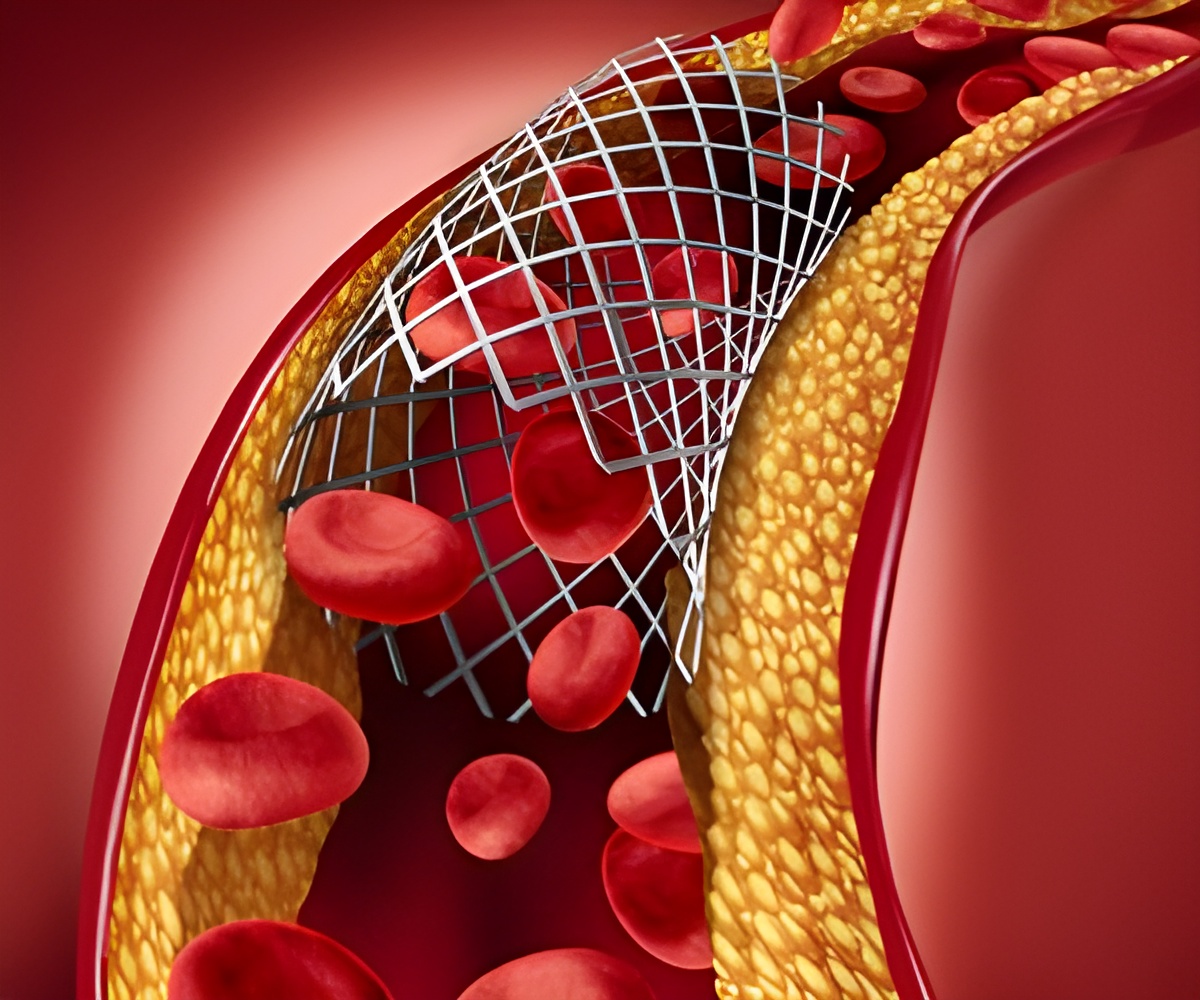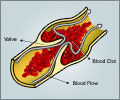Post-heart surgery, reducing blood clot risk is crucial. Anticoagulants, compression devices, and early mobility are key strategies to prevent complications.

New insights and novel perspectives in bileaflet mechanical heart valve prostheses thromboresistance
Go to source)
What are Blood Clots
Blood clots in the heart can lead to life-threatening events such as stroke or heart attack. Patients with heart valve implants undergo lifelong therapy to avoid thrombosis. The researchers’ new findings are expected to improve health outcomes for many patients. Certain conditions such as cancer, pregnancy, being over the age of 55, smoking, obesity and immobility all elevate the risk of blood clots after the procedure.‘A new #heartvalve implant with a textured surface can significantly reduce the risk of #bloodclots after surgery. #hearthealth #heartsurgery ’





“The implantation of a prosthetic heart valve is a life-saving procedure, but due to some medical conditions in patients who receive the valves they experience blood clotting, which can be very dangerous,” said Dr. Sushanta Mitra, a professor in Waterloo’s Department of Mechanical and Mechatronics Engineering and executive director of the Waterloo Institute for Nanotechnology. “We used a method to understand how blood will interact with the valves and tested which types of valves are most likely to last longest without blood clots.” The Waterloo work was led by Dr. Mitra and Dr. Sudip Shyam, a postdoctoral fellow in the Micro Nano-Scale Transport Lab. They developed an innovative technique that closely resembles conditions inside the body to determine the wettability — the ability of a liquid to maintain contact with a solid surface — of solid objects submerged under liquid. When the Dutch medical team developed their textured heart valve, they asked the Waterloo engineers to conduct tests on their implant’s reliability with positive results.
“Patients won’t need to have replacement valves as often thanks to this research,” Mitra said. “They will have a better quality of life post-surgery, and it will extend the length of time required between procedures.”
Reference:
- New insights and novel perspectives in bileaflet mechanical heart valve prostheses thromboresistance - (https://cardiothoracicsurgery.biomedcentral.com/articles/10.1186/s13019-024-02786-9)













